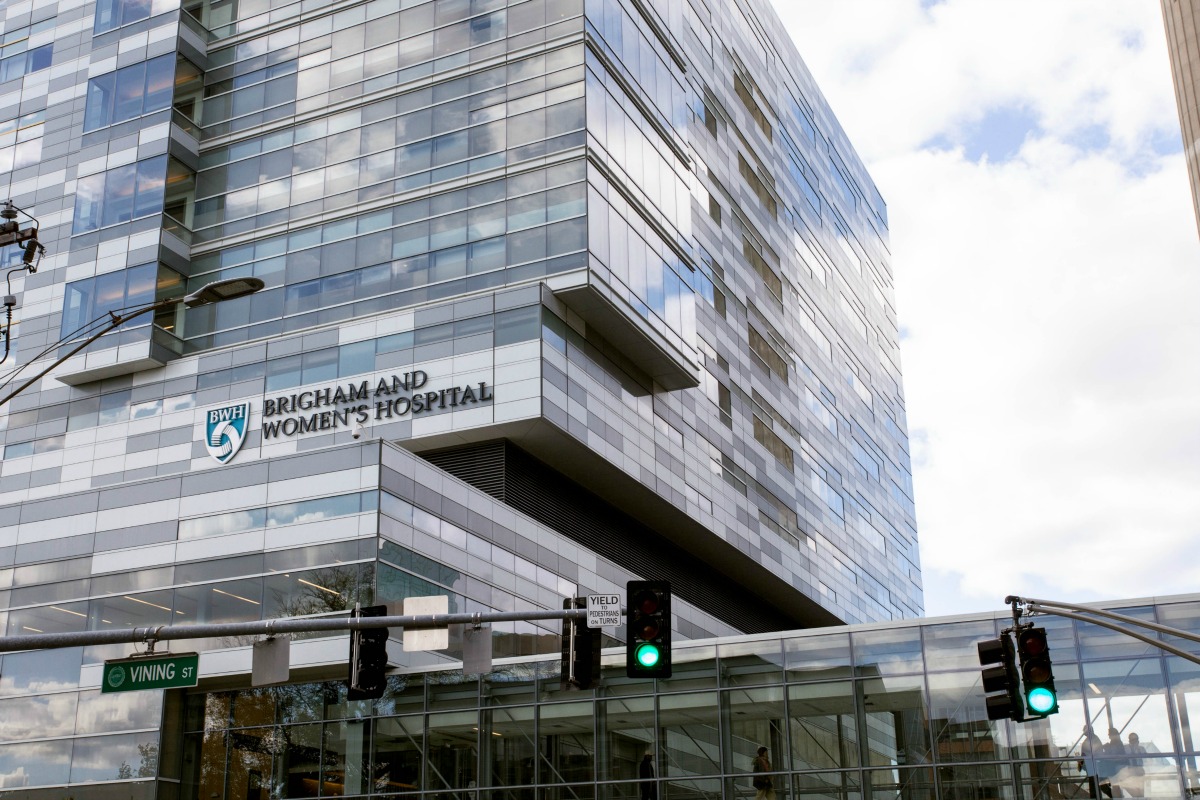Brigham and Women’s, Nurses Celebrate Successful Contract Resolution

Photo by Alex Lau
Mayor Marty Walsh played a major role in the 11th-hour negotiations that averted a one-day nursing strike at Brigham and Women’s Hospital (BWH), hospital officials say.
“We are most grateful for the support of the many elected officials and community leaders who provided guidance,” Brigham and Women’s Healthcare President Elizabeth Nabel said in a statement. “This agreement would not have been reached without the tremendous commitment of Boston Mayor Marty Walsh, and our entire Brigham family is grateful for his intervention.”
Governor Charlie Baker, Senator Elizabeth Warren, and Massachusetts Attorney General Maura Healey also weighed in on negotiations, the Boston Globe reports. Walsh, who is well-known—for better or for worse—for his union ties, appeared at a press conference Monday to discuss and celebrate the settlement. He also tweeted his support for the new contract:
I’m very happy both sides came to a resolution so @BrighamWomens can cont. to provide world-class care to patients pic.twitter.com/jz6NW3wfta
— Mayor Marty Walsh (@marty_walsh) June 27, 2016
After nearly a year of negotiations, 23 bargaining sessions, and a final 15-hour meeting, BWH and the Massachusetts Nurses Association (MNA) reached an agreement around 12:30 a.m. on Sunday. The proposed three-year contract, which must still be approved by the 3,300 BWH nurses represented by the union, would improve safety and staffing at the hospital, award 5 percent annual raises for a nurse’s first 18 years of employment, and give a 2.5 percent pay increase to the many nurses already at the top of the Brigham’s salary range.
The MNA released a statement in support of the agreement, saying it “ensures safe patient care, improves hospital security and protects new nurse benefits.” BWH officials have also spoken favorably of the compromise, noting that it allows the hospital to reach accord with its nurses without sacrificing financial objectives.
With nurses happily coming to work Monday, the Brigham will scale back up to regular operating volume. It had begun transferring patients and rescheduling procedures ahead of the strike, and was set to reach about 60 percent of its normal capacity by Monday.


